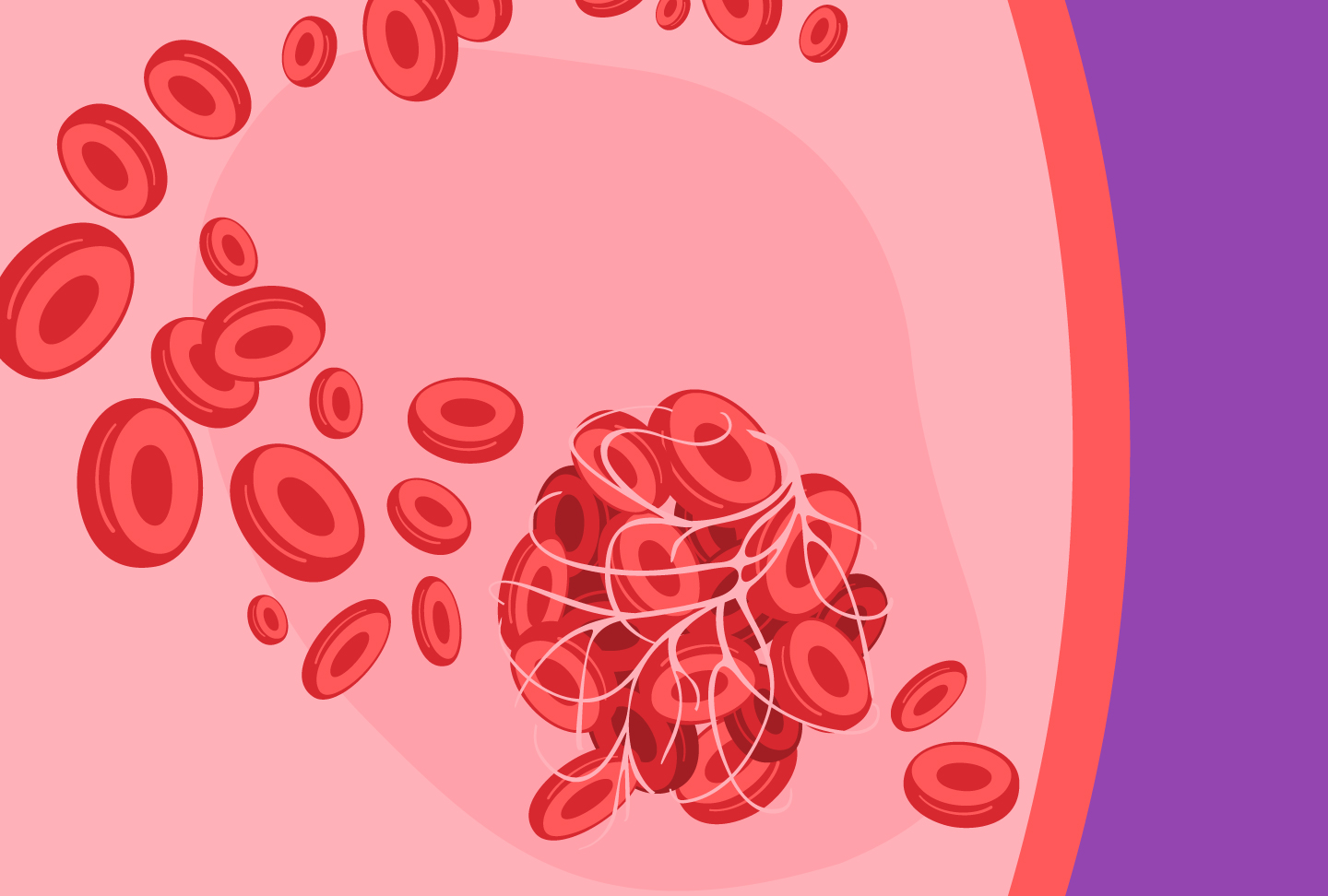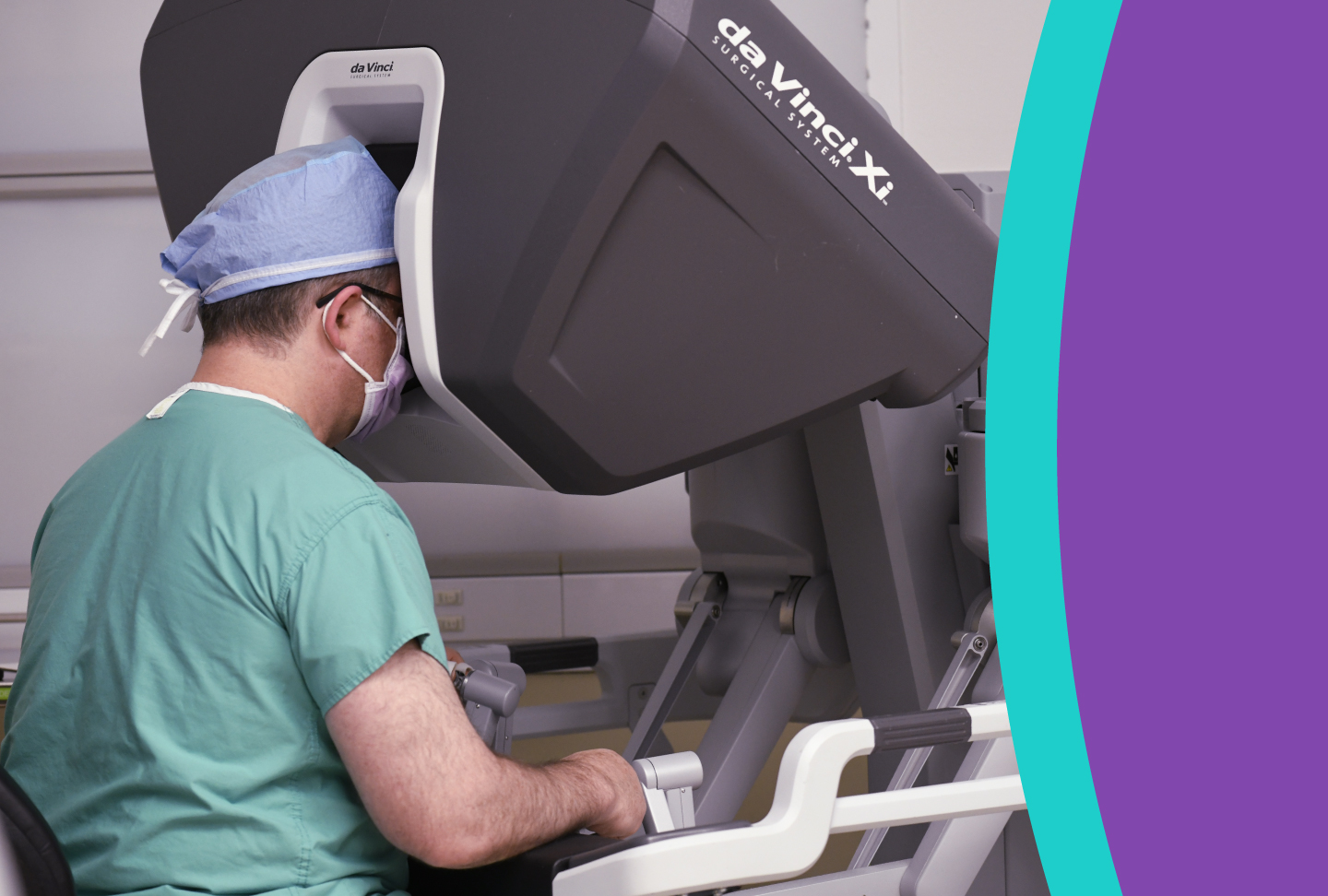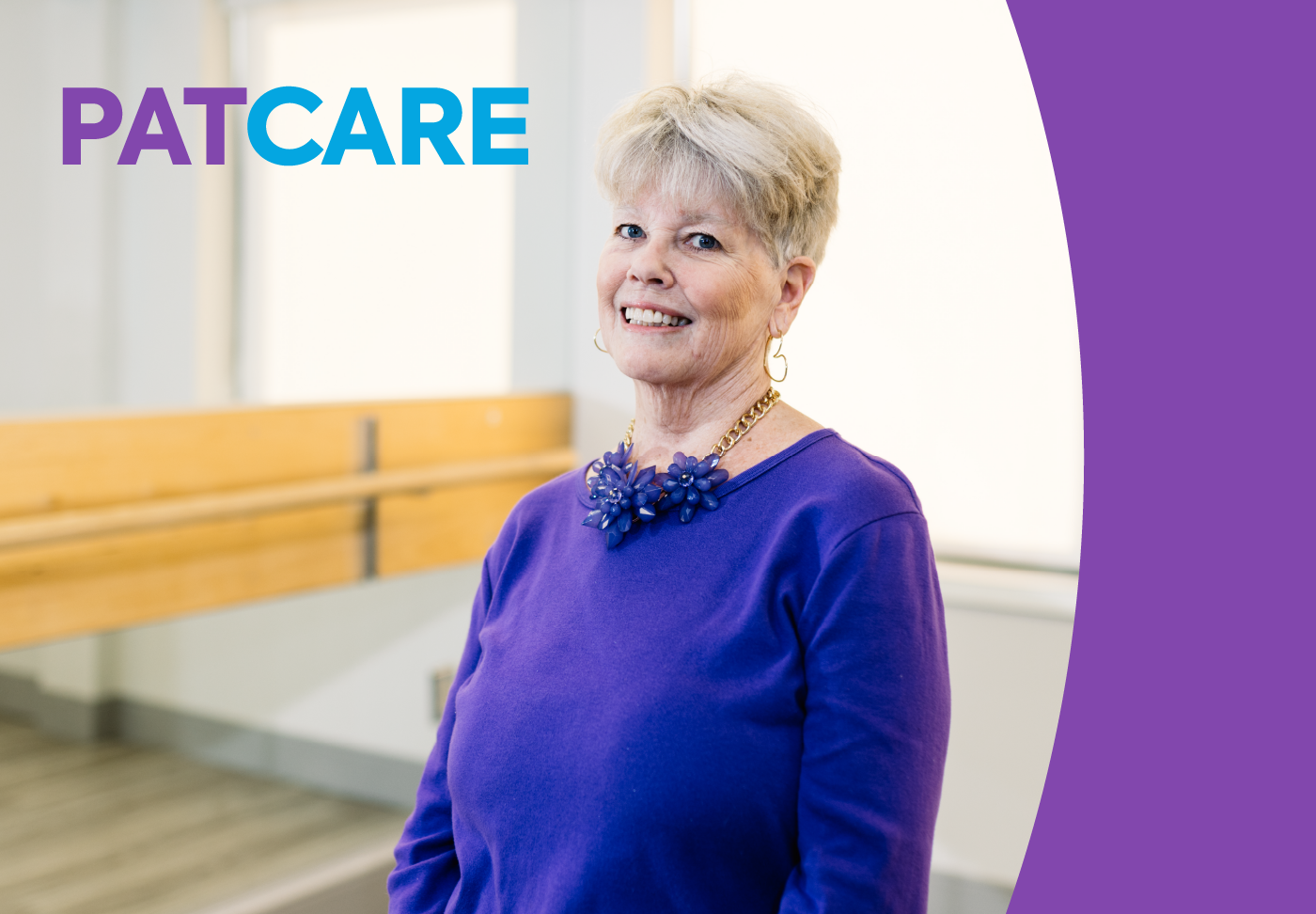The peripheral vascular care team at Wellstar North Fulton Medical Center, a leading facility in the treatment of venous thromboembolism (VTE), has completed its 250th venous thromboembolism (VTE) procedure.
According to the American Heart Association, VTE is the third most common vascular diagnosis after heart attacks and strokes, and affects between 300,000 and 600,000 Americans each year. There are two types of VTE:
- Deep vein thrombosis is a clot in a deep vein. It usually occurs in the leg, but it can also appear in the arms.
- A pulmonary embolism occurs when a clot breaks off the vein and travels to the lungs, blocking the blood supply.
VTE can be fatal and can cause lifelong disability. Early intervention is crucial. At Wellstar North Fulton, the heart care team was an early adopter of a groundbreaking treatment for VTE, which uses a catheter to remove the clot. The clinician inserts the catheter through the groin and navigates it to the clot for treatment.
Wellstar North Fulton continues to receive referrals from around the region for this procedure and is one of the highest volume hospitals for VTE care in metro Atlanta.
Previous treatment options included open chest surgery, blood thinners and clot-busting medications. These methods posed a higher risk of complications, especially for patients who have recently undergone another surgical procedure. Because a recent surgery can put a patient at higher risk for VTE, using a catheter to remove the clot is safer for many patients. This new treatment method has reduced patients’ hospital stays for VTE from an average of five to seven days to only one or two days.
Recognizing and preventing VTE
If you or someone else is showing signs of VTE, seek emergency care as soon as possible.
Symptoms of VTE include:
- Swelling of the legs
- Lightheadedness or fainting
- Shortness of breath
- Chest pain
Risk factors for VTE include not moving for a longer period of time—such as when someone is on bed rest following surgery—as well as some medical conditions, including diabetes, high blood pressure, blood clotting disorders or kidney disease. Your Wellstar care team can help you evaluate your risk of VTE and manage your risk factors.
Learn more about cardiovascular care at Wellstar North Fulton Medical Center.





